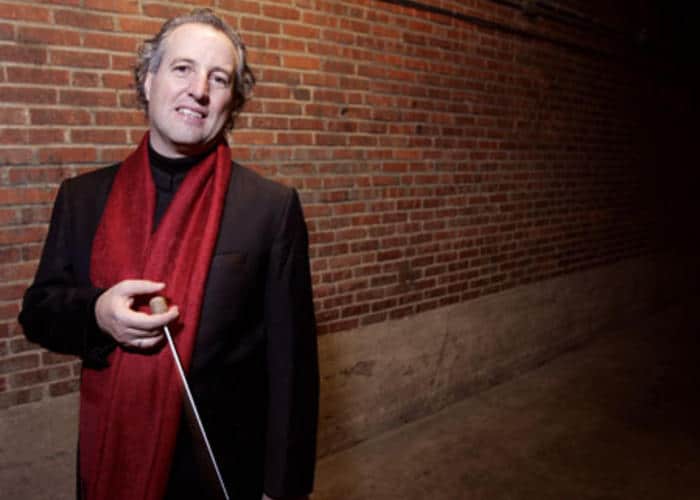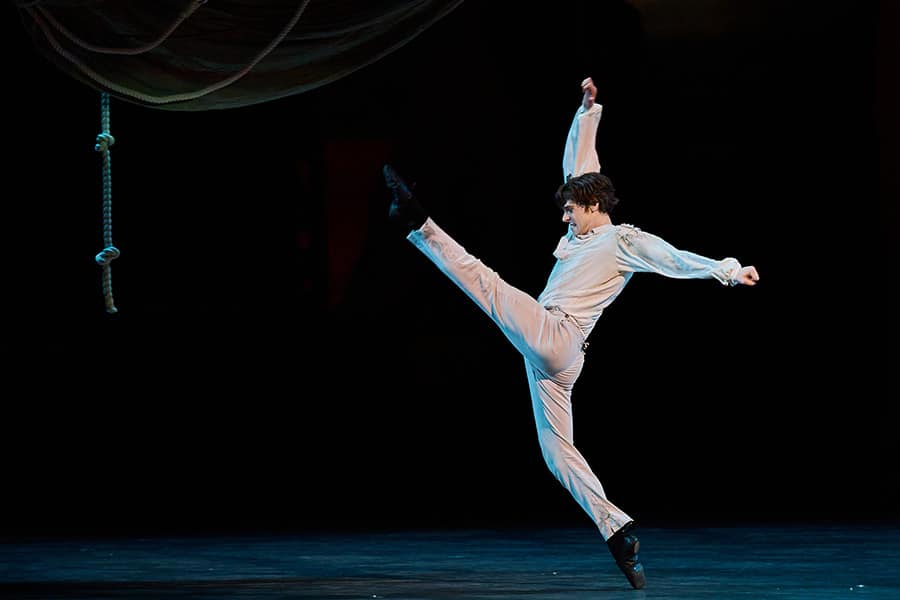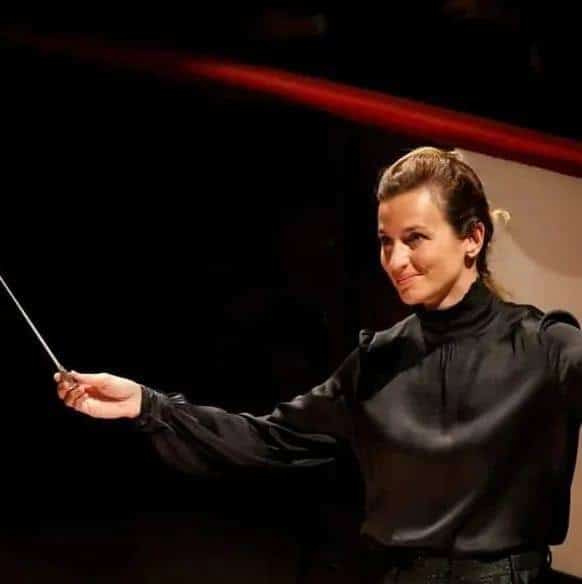Manfred Honeck: We lived seven children in two rooms
mainIn the latest episode of Living the Classical Life, Pittsburgh music director Manfred Honeck talks about how his mother’s death when he was seven turned his life around.
‘My father had a passion, he took the biggest risk,’ he says.
You watch it here first.







What a lovely man. Along with his brother in Vienna, one of my favourite musicians today.
His brother is a great player. Manfred, however, is not a musician. He is an amateur, often lost during the concerts he conducts.
Is Manfred Honeck the new Osmo Vanska in classical music media? Please say it ain’t so.
No, he’s the new Manfred Honeck. In my opinion a rather interesting conductor and I am never bored by his performances. Heard him recently in Pittsburgh (awful hall) where he gave an outstanding Bernstein Jeremiah Symphony. Also heard a Beethoven Pastoral where he added trills to the piccolo part in the Shepherds Merrymaking that made it sound like Stars and Stripes. So not always on the mark, but like I said, never boring and a fine conductor of Mahler and Strauss in particular.
What exactly does that mean?
Don’t indulge him!
It ain’t so.
Unlike Honeck, Vanska went to bat for the Minnesota musicians during their strike.
Delivered in such lovely hushed tones…
2 ?’s
1.Does anyone still actually believe anything a Maestro says?
2. Who the hell cares anyway?
What a fabulous interview!
If you like Tchaikovsky to sound like Offenbach, Beethoven to sound like J. Strauss, and Mahler to sound like Gilbert and Sullivan, Honeck’s your man. Those familiar with his rather limited technique will recognize these gestures:
The Vanishing Squid
Petting the Hamster
The Nervous Proctologist
And, BTW, his support of the musicians during their labor strike was completely absent. His main focus was on making sure his European tour wasn’t cancelled. He sat idly by while the orchestra was downgraded from one of the nation’s best to somewhere in the top 20.
While it’s true that he didn’t intervene on behalf of the PSO musicians—which might have helped their cause, given that he is the public face of the orchestra—he wasn’t idle. Remember, he used his free time to conduct in places like Chicago and NY.
Burn!
I see, he collected two paychecks while the Pittsburgh players went without salaries.
He was willing to show up for work…
True. He was able to advance his career while the musicians of the Pittsburgh Symphony tried unsuccessfully to hold their ground against management.
The emperor has no clothes.
No rhythm
No technique
No command
No repertoire
No poise
No confidence in himself or the professionals he directs
Perhaps we should redefine the word “Maestro”.
Don’t be fooled by all this talk of humble beginnings. He thinks of himself as an aristocrat.